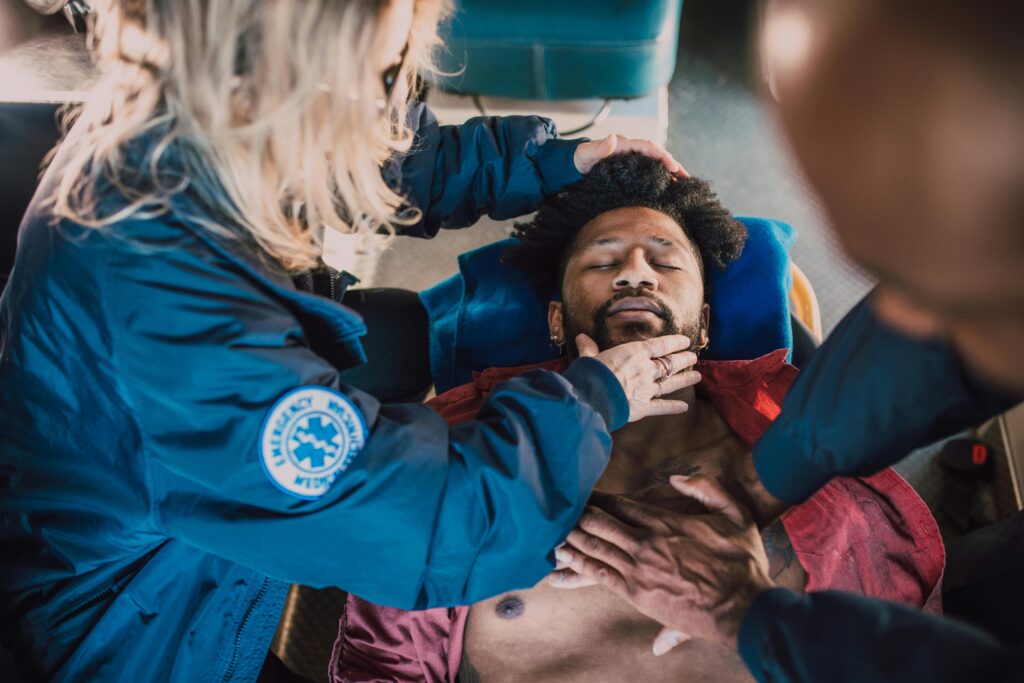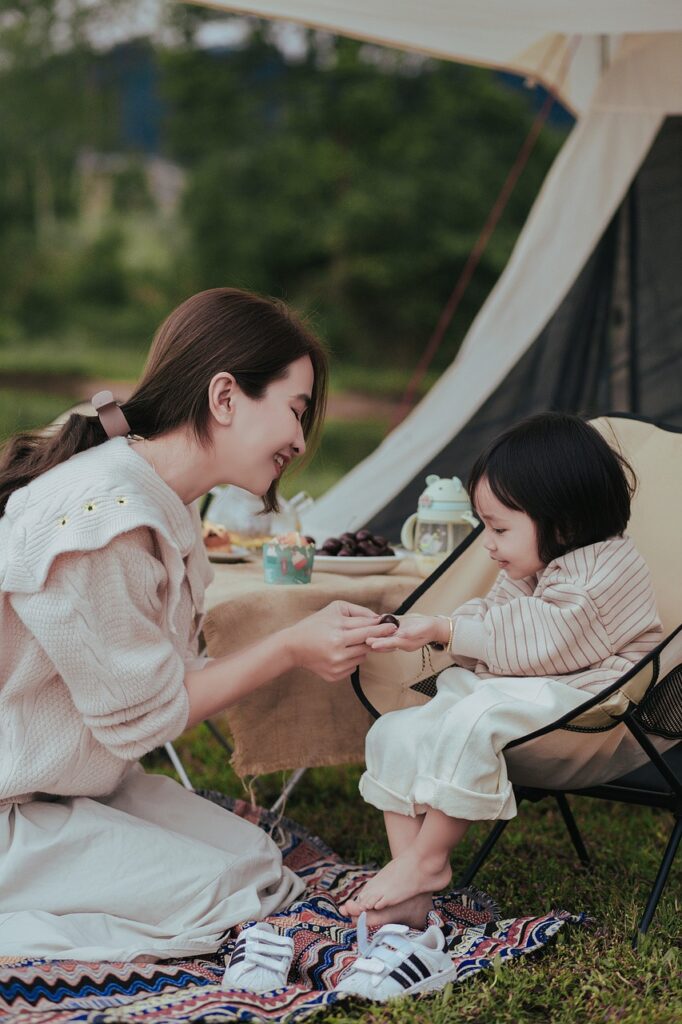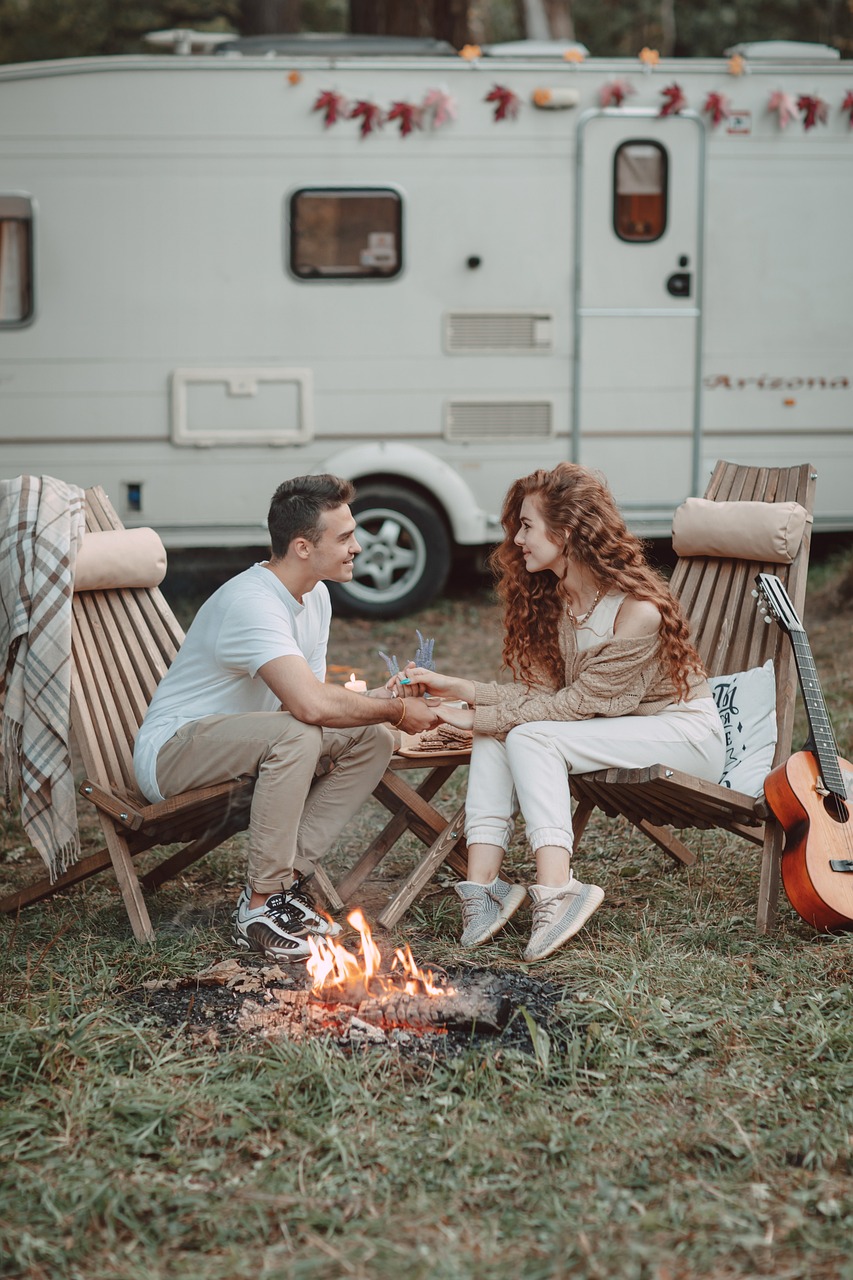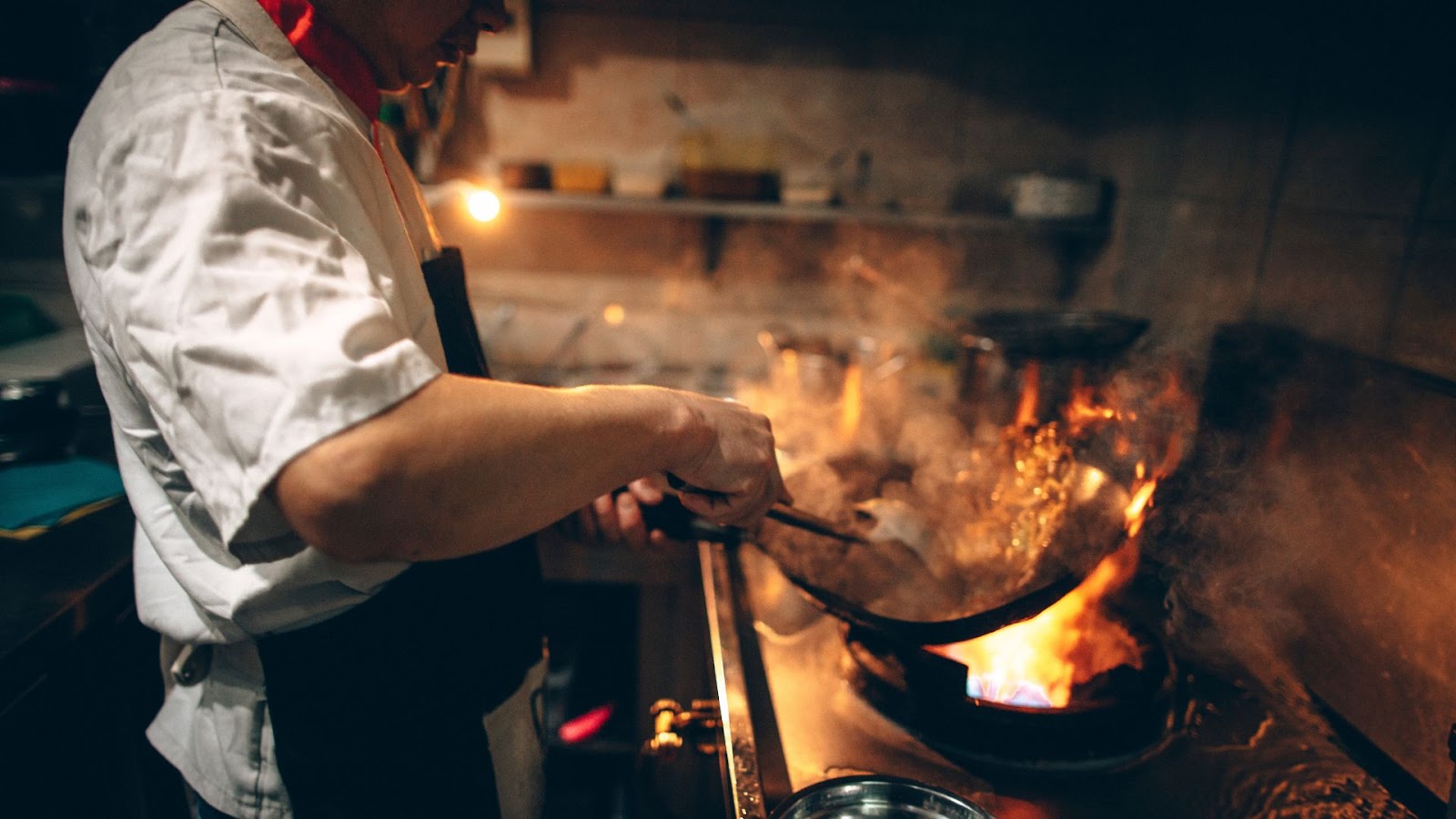Camping is a great way to connect with nature, unwind from the strain of daily life, and create lasting memories with your family and buddies. However, venturing into the outstanding exterior comes with its share of risks. To ensure a secure and exciting journey, instruction and caution are key. Here are critical Camping Safety Tips to keep in mind before, throughout, and after your journey.
1. Plan Ahead and Be Prepared
Proper planning is the muse of any secure tenting experience. Take the following steps to ensure you’re ready for any state of affairs:
Choose the Right Campsite: Research your destination very well. Check climate forecasts, recognize the terrain, and make yourself familiar with the local natural world. If camping in a remote vicinity, tell a person approximately your itinerary, such as your place and predicted go-back time.
Pack Essential Gear: Equip yourself with a nicely stocked first useful resource package, navigation gear like a map or GPS, a flashlight, more batteries, and climate-appropriate clothing. Don’t forget about insect repellent, sunscreen, and a water filtration device for regions without easy water access.
Food and Water Supplies: Plan your food and percent greater meals and water. Store food in sealed boxes or endure-proof lockers to keep away from attracting flora and fauna.
2. Practice Fire Safety
Campfires are frequently the coronary heart of tenting, however they have to be handled responsibly to prevent injuries.
Build Fires Safely: Use particular fireplace jewelry or pits every time viable. Ensure the fire is set up far away from tents, trees, and dry plants.
Keep Fires Manageable: Never build a hearth too big, and usually have a bucket of water or sand nearby to extinguish it absolutely before leaving or sound asleep.
Supervise Children and Pets: Teach fireplace protection policies to kids and hold pets at a safe distance.
3. Be Cautious of Wildlife
Wildlife can add exhilaration to your tenting experience, however it’s important to respect their area to avoid chance.
Store Food Securely: Use bear-proof bins or dangle meals in a tree if camping in areas with wildlife like bears. Never leave food unattended.
Stay Alert: Watch for animal tracks and avoid hiking on my own. Make noise whilst walking to alert animals of your presence and reduce the risk of them.
Avoid Contact: Never feed or approach the natural world. If you encounter a larger animal, lower back away slowly and flippantly.
4. Water Safety is Essential
Camping regularly involves activities like swimming, canoeing, or fishing. Water may be both a laugh and hazardous.
Wear a Life Jacket: Always wear a properly equipped lifestyle jacket at some stage in water activities, even if you’re a sturdy swimmer.
Check Water Conditions: Before getting in, verify the water’s temperature, depth, and contemporary. Avoid areas with strong currents or uncertain depths.
Swim with a Buddy: Never swim on my own, especially in remote areas wherein help can be not on time.
5. Learn First Aid and Emergency Skills

Accidents can appear within the desolate tract, making primary first resource know-how beneficial.
Take a First Aid Course: Consider taking a path like Toronto First Aid Training to learn how to cope with injuries, carry out CPR, and use an automatic external defibrillator (AED).
Pack a First Aid Kit: Include necessities like bandages, antiseptic, ache relievers, tweezers, and personal medications.
Recognize Environmental Injuries: Know the way to pick out and treat sunburns, warmth exhaustion, hypothermia, and different conditions unique to outside settings.
6. Navigation and Survival Skills
If you’re venturing off the beaten direction, understanding a way to navigate competently is critical.
Carry Reliable Tools: Always carry a map, compass, or GPS device and recognize a way to use them.
Stick to Trails: Follow marked trails to decrease the chance of getting lost. If exploring the backcountry, take into account a wilderness navigation or survival path.
Final Thoughts: Be Prepared, Stay Safe

Camping is a fulfilling way to enjoy the outdoors, but protection must always come first. By making plans beforehand, practicing hearth and water protection, respecting flora and fauna, and being prepared for emergencies, you could ensure an amusing and stable journey. With these tenting safety recommendations in mind, you’re ready to discover nature’s beauty with confidence. Remember, a secure experience is a successful trip. Enjoy your adventure!



